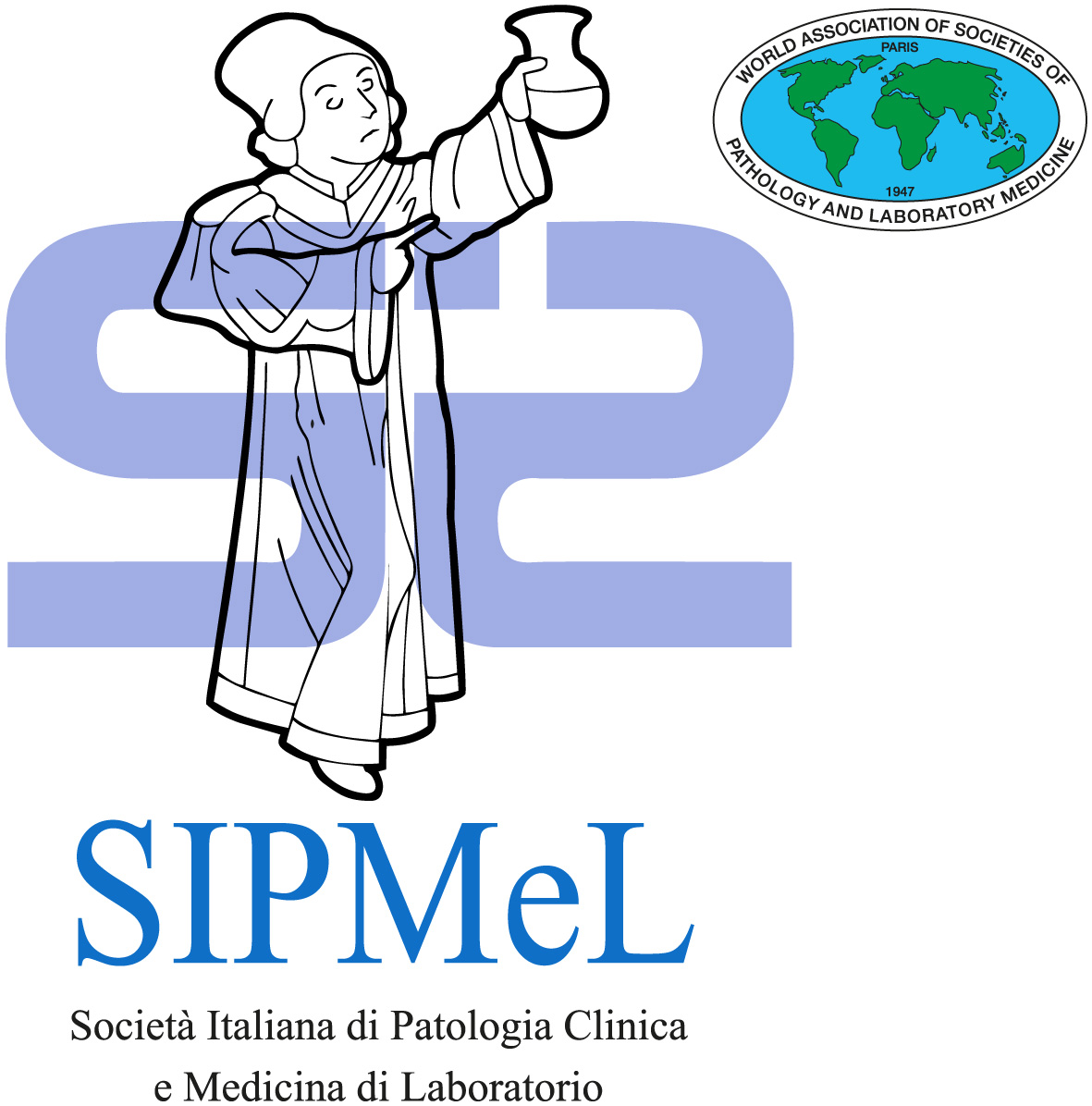
by cristiano | Oct 17, 2018
The diagnostic sensitivity and specificity of these biomarkers are not sufficient to allow their use (diagnosis, screening, case-finding) in a population with a low prevalence of neoplastic diseases. Their use is recommended for the monitoring of the neoplasms that...

by cristiano | Oct 17, 2018
Hematological and biochemical preoperative tests don’t add significant elements to the clinical risk evaluation for minor or intermediate surgery in low-risk patient.

by cristiano | Oct 17, 2018
The only real drawback for the administration of contrast media is renal insufficiency. It can be diagnosed measuring serum Creatinine (increased) and calculating the glomerular filtration rate (eGFR).

by cristiano | Oct 17, 2018
The cardio-specific troponins (cTn) are considered the markers of choice for the diagnosis of Myocardial Infarction (MI) and Acute Coronary Syndromes (ACS) on the basis of their specificity, sensitivity (both analytical and clinical) and negative predictive value...

by cristiano | Oct 17, 2018
Urinary glucose measurement lacks the requested diagnostic sensitivity. The test of choice for monitoring diabetic patients is glycated hemoglobin (HbA1c).








Recent Comments